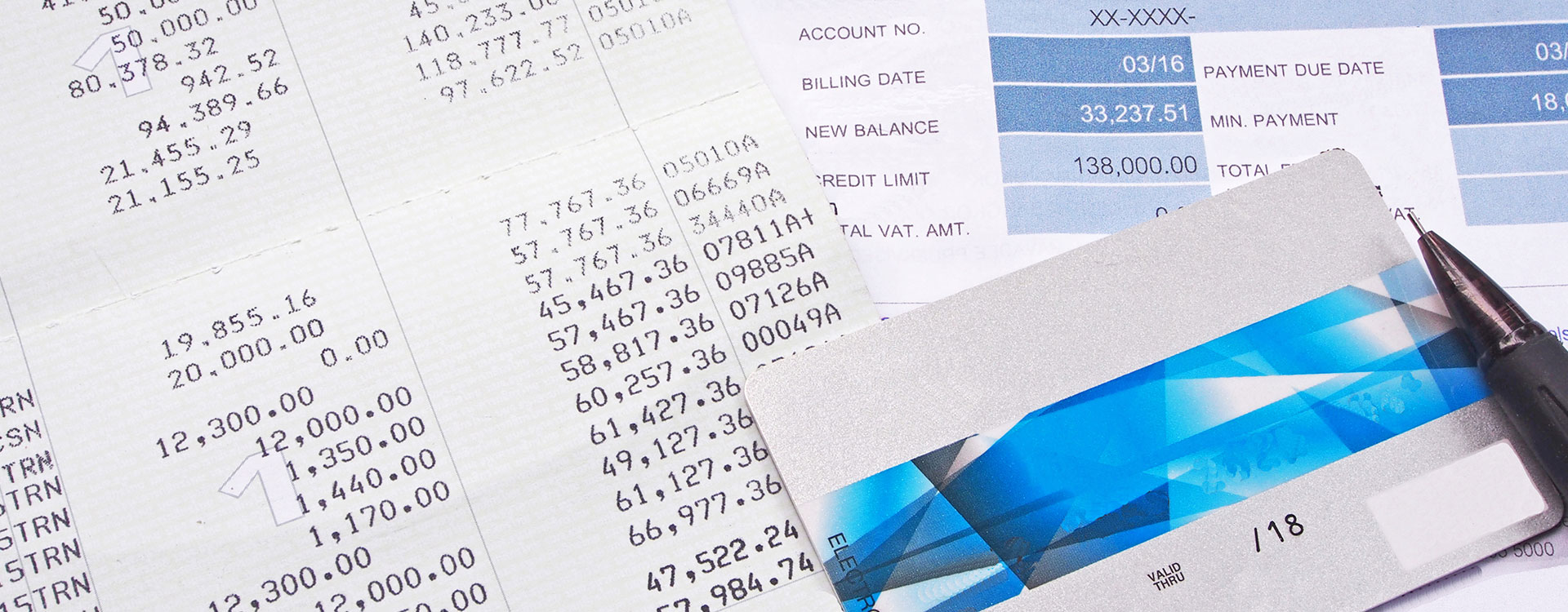An installment loan is a type of loan that allows you to borrow a fixed amount of money and pay it back over a set period of time through scheduled payments.
If you're facing financial difficulties, an installment loan can provide the necessary funds to help you get back on track.
It's a popular option for those who need quick access to cash but may not have the means to pay it back in one lump sum.
KEY TAKEAWAYS:
- These loans come with fixed monthly payments and a set repayment period.
- Installment loans can be used for a variety of purposes such as debt consolidation, home renovations, or unexpected expenses.
- They generally have lower interest rates than credit cards and payday loans.
Understanding Installment Loans (A Quick Overview)
Installment loans are a form of personal loan that allows you to borrow a lump sum of money from a lender and pay it back in regular installments over an agreed-upon time period.
These payments typically include both principal (the amount borrowed) and interest (a percentage charged by the lender for borrowing the money).
For example, if you were to borrow $10,000 using an installment loan and are looking to pay back the loan in 36 months, you would make 36 equal monthly payments of $304.22, at an interest rate of 6%.
Using an installment loan calculator can help you determine the monthly payments based on your loan amount, interest rate, and desired repayment period.
These types of loans can be secured or unsecured, meaning they may require collateral (such as your home or car) or not. Secured installment loans tend to have lower interest rates because the collateral serves as protection for the lender in case you default on the loan.
Installment loans aren't a separate loan type but rather an umbrella term that includes different types of loans, such as personal loans, auto loans, and mortgages.
The main point of understanding is that they enable borrowers to schedule fixed payments over time, making them easier to budget and manage.
Forecasting your budget also allows you to choose a loan that fits within your financial means comfortably relating to your monthly cash flow and expenses.
Benefits and Disadvantages of Installment Loans
As with any financial product, there are both pros and cons to installment loans that you should consider before taking one out.
When it comes to the advantages, there is no denying that the ability to finance larger expenses is a significant benefit. This type of loan allows you to purchase something you might not otherwise be able to afford due to its high cost, such as a car or home.
Another benefit is that installment loans usually come with lower interest rates than other types of loans, such as credit cards or payday loans. With a lower interest rate, you will save money in the long run by paying less in interest charges over time.
Additionally, since the monthly payments and terms are fixed, you won't have to worry about your payments increasing unexpectedly or getting hit with late fees.
Despite these advantages, it's essential to understand the potential disadvantages of installment loans as well.
First and foremost, taking on an installment loan means accumulating debt. It may seem counterintuitive, but taking out a loan can actually damage your credit score if you don't make timely payments or accumulate too much debt.
Furthermore, if you default on the loan, you risk losing any collateral that was used in securing the loan.
Installment loans may tempt borrowers to ride out the length of the loan instead of paying it off early, which can lead to overpaying interest charges.
Although this may be beneficial for those who don't have the lump sum available, it's crucial to consider the overall cost of the loan and determine if it's worth paying more in interest for a longer period.
Fees for early repayment may also be included in the loan terms, so it's essential to read the fine print and understand all associated costs before signing.
Types of Installment Loans
With the growing popularity of installment loans, there are now many different types available. Here are some of the most common ones:
Personal loans
Personal loans are unsecured installment loans that can be used for any purpose, such as debt consolidation, home renovations, or major purchases. They often have fixed interest rates and repayment terms.
Auto loans
Auto loans are installment loans specifically for purchasing a vehicle. Like personal loans, they often have fixed interest rates and repayment terms. Although the vehicle serves as collateral, borrowers can still use it for daily transportation.
Mortgages
Mortgages are installment loans used to finance the purchase of a home. They usually have longer repayment terms, ranging from 15 to 30 years, and can have either fixed or adjustable interest rates.
Student loans
Student loans are installment loans used to cover the cost of education. They often have lower interest rates and more flexible repayment options compared to other types of loans.
Who Should Consider An Installment Loan?
Installment loans can be beneficial for individuals who need to borrow a larger amount of money and may not have the funds available upfront. These types of loans are also helpful for those with lower credit scores, as some lenders may not require a minimum credit score for approval.
However, it's essential to evaluate your financial situation and determine if taking on additional debt is the best decision for your current circumstances.
Individuals looking to consolidate their debt may also benefit from an installment loan. Debt consolidation involves combining multiple debts into one single payment, which can make it easier to manage and potentially reduce overall interest costs.
Rather than having two credit cards at a 25% interest rate totaling $10,000 in debt, it would be potentially wise to take out a loan for $10,000 at a lower interest rate of 10%. This could reduce the cost of servicing that debt by 15% which can save you hundreds or thousands of dollars over the life of the loan.
With installments at a lower interest rate, a planned approach to paying off debt can be put in place.
However, it's essential to note that taking on an installment loan for debt consolidation does not eliminate the debt entirely. This is a common misunderstanding. It simply transfers the debt to a new lender with potentially lower interest rates, making it more manageable and affordable.
If you have any questions about installment loans or if a debt consolidation loan makes good financial sense for your situation, talk to a Loan Specialist at Credit9 who can provide you with the answers you’re looking for today.
How Credit9 Can Help You
At Credit9, we offer loan options that could provide you with the financial solution that works best for you.
Since 2018, Credit9 has provided over $460 Million in loans to over 36,000 of our customers, and we’re confident we can help you too.
For more information about Credit9’s unique debt consolidation services, contact us today to see how we can help you consolidate your debts and receive a free, no-obligation, and fully-customized Credit9 loan solution!
Debt Consolidation Loan





 Clear Language Establishes Trust And Minimizes Anxiety When It Comes To Finances
Clear Language Establishes Trust And Minimizes Anxiety When It Comes To Finances
 The Best Ways To Loan Money To Friends And Family
The Best Ways To Loan Money To Friends And Family
 Why October FAFSA Deadline Could Help Students Make Smarter Choices About Paying For College
Why October FAFSA Deadline Could Help Students Make Smarter Choices About Paying For College